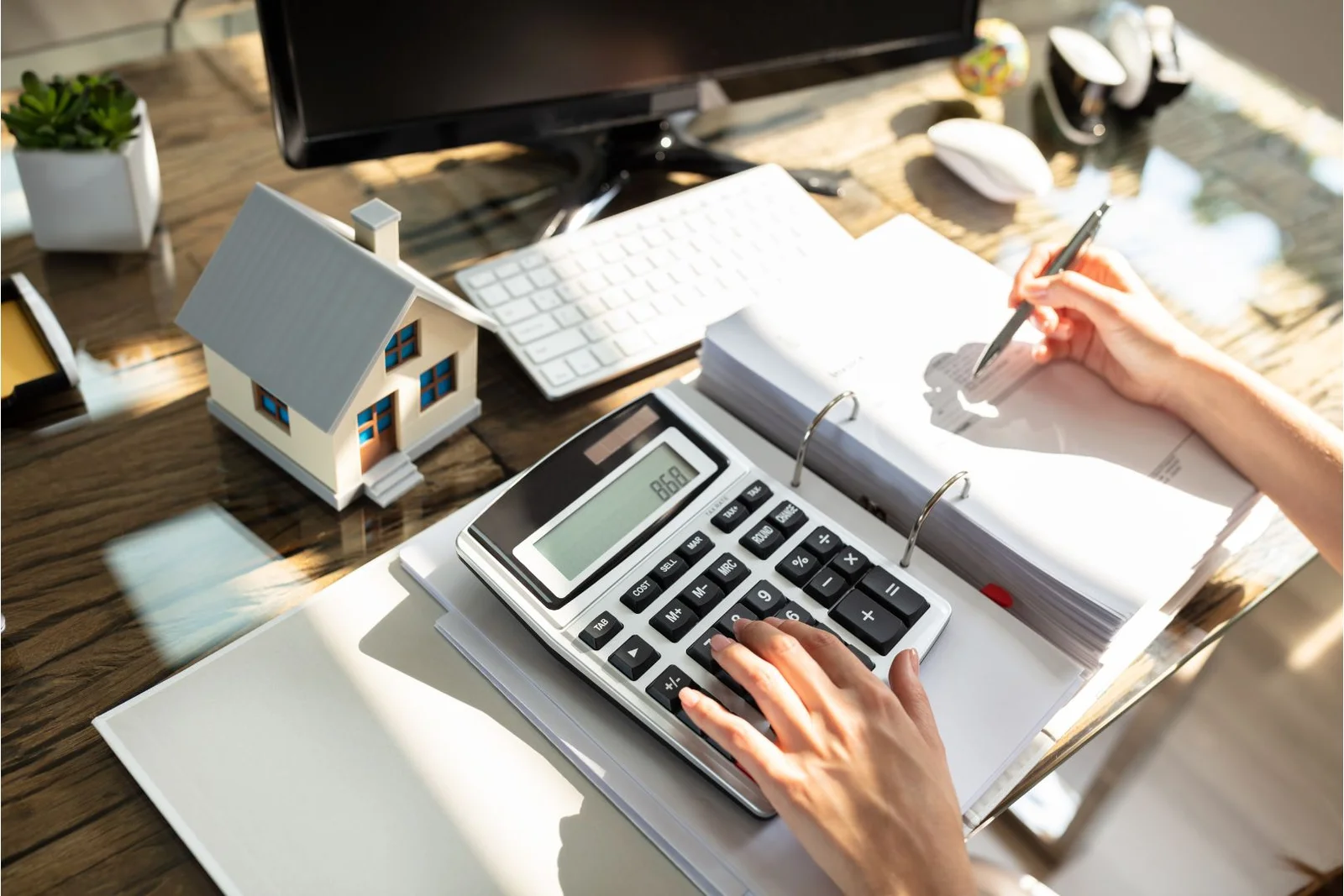Understanding how property taxation works in Thailand is crucial for both local and foreign owners, investors, and sellers. Here’s an informative overview breaking down all elements of property tax—including annual land and building taxes, transaction fees, and income-related obligations.
1. Land & Building Tax (Annual Property Tax)
Applicability
- Applies to nearly all land and permanent structures (houses, villas, condos) as of 1 January 2020, under the Land & Building Tax Act B.E. 2562.
- The owner or holder of the property on 1 January is liable for the whole year’s tax.
Payment & Assessment
- The local government sends an assessment letter in February; payment is due by 30 April (can be paid in up to three instalments).
- Must notify authorities within 60 days if the use of the property changes (e.g., residential to rental/commercial).
Rates (2025)
Owner-occupied principal residence
0% for first THB 50 million; 0.02–0.10% on any excess.
Other residential (second homes, rentals):
0.02–0.30% of the government-appraised value.
Agricultural land
0.01–0.10%.
Commercial/industrial
0.30% (may rise to 0.70% via Cabinet).
Vacant/unused land
0.30%, increases by 0.30% every three years, capped at 1.20% (to deter land hoarding).
Current update: 2025 sees rates for owner-occupied homes ranging from 0.02 to 0.10%; commercial rates from 0.3 to 1.2%.
Calculation Example
For a personal home valued at THB 10 million:
10,000,000×0.02%=2,00010,000,000×0.02%=2,000 baht per year.
Exemptions
Owner-occupied homes up to THB 50 million are exempt.
Agricultural land may benefit from additional exemptions for smallholders.
Penalties
Failing to pay incurs fines (up to 200% of the unpaid tax), monthly surcharges, and possible legal action.
2. Transaction/Transfer Taxes and Fees
These are mandatory taxes when buying, selling, or transferring property in Thailand:
Transfer Fee
2% of the government appraised value (typically split but often paid by the buyer; reduced to 0.01% for homes under THB 3-7 million until June 2026 as a stimulus measure).
Stamp Duty
0.5% of the registered sale value, paid by the seller; only payable if not subject to Specific Business Tax.
Withholding Tax
1% of the higher of appraised or registered value (for companies); for individual sellers, calculated as a progressive income tax based on appraised value, holding period, and personal tax rate (ranges 5-35%).
Specific Business Tax (SBT)
3.3% of the sale/appraised value if the property is sold within five years of acquisition or is a business asset; not charged if held for more than five years or inherited, in which case only stamp duty applies.
3. Rental Income & Housing Tax
Rental/Commercial Use Tax
If you rent out your property or use it for commercial purposes, a rental tax of 15% may be imposed on the annual rental value (now largely replaced by land/building tax for most properties).
Rental income for individuals/non-residents is subject to personal (progressive) or corporate income taxes.
4. Other Fees and Local Charges
Lease Registration Fee
For leasehold arrangements (up to 30 years), the fee is 1% of the total lease value.
Local Development Tax
A minor local municipal charge to support infrastructure; usually negligible.
5. Special Considerations for Foreign Buyers
Foreigners cannot directly own land, only condo units (in freehold) or long-term leasehold. However, all owners (Thai or foreign) pay annual land and building tax on eligible properties.
Leaseholders do not pay the annual building/land tax; responsibility remains with the lessor (land/building owner).
6. Summary Table: 2025 Property Tax & Fees
| Tax/Fee | Rate/Amount | Paid By |
| Land & Building Tax | 0–0.30% (residential), up to 1.2% | Owner |
| Transfer Fee | 2% (0.01% for homes < THB 7m) | Buyer/Seller |
| Stamp Duty | 0.5% | Seller |
| Withholding tax (individual) | Progressive 5–35% | Seller |
| Withholding tax (company) | 1% | Seller |
| Specific Business Tax | 3.3% (if <5 years owned) | Seller |
| Lease Registration | 1% of the lease value | Buyer/Seller |
Rates may be subject to official reductions or incentives—check with the tax authority at the time of the transaction.
7. Key Takeaways
- Property taxes in Thailand are moderate compared to those in many countries, with significant exemptions for primary residences and agriculture.
- Annual liability (Land & Building Tax) is based on the government appraised property value and use.
- Transaction taxes can add 6–7% to a property sale (unless special reductions apply).
- Compliance deadlines (typically April–June for annual tax) and correct usage declaration are vital to avoid penalties.
- Foreigners enjoy many tax rights and are subject to the same annual taxes as Thais on eligible real estate.
Always consult a Thai tax/legal adviser for your specific property, as local regulations or incentives may change, and individual circumstances may differ.







